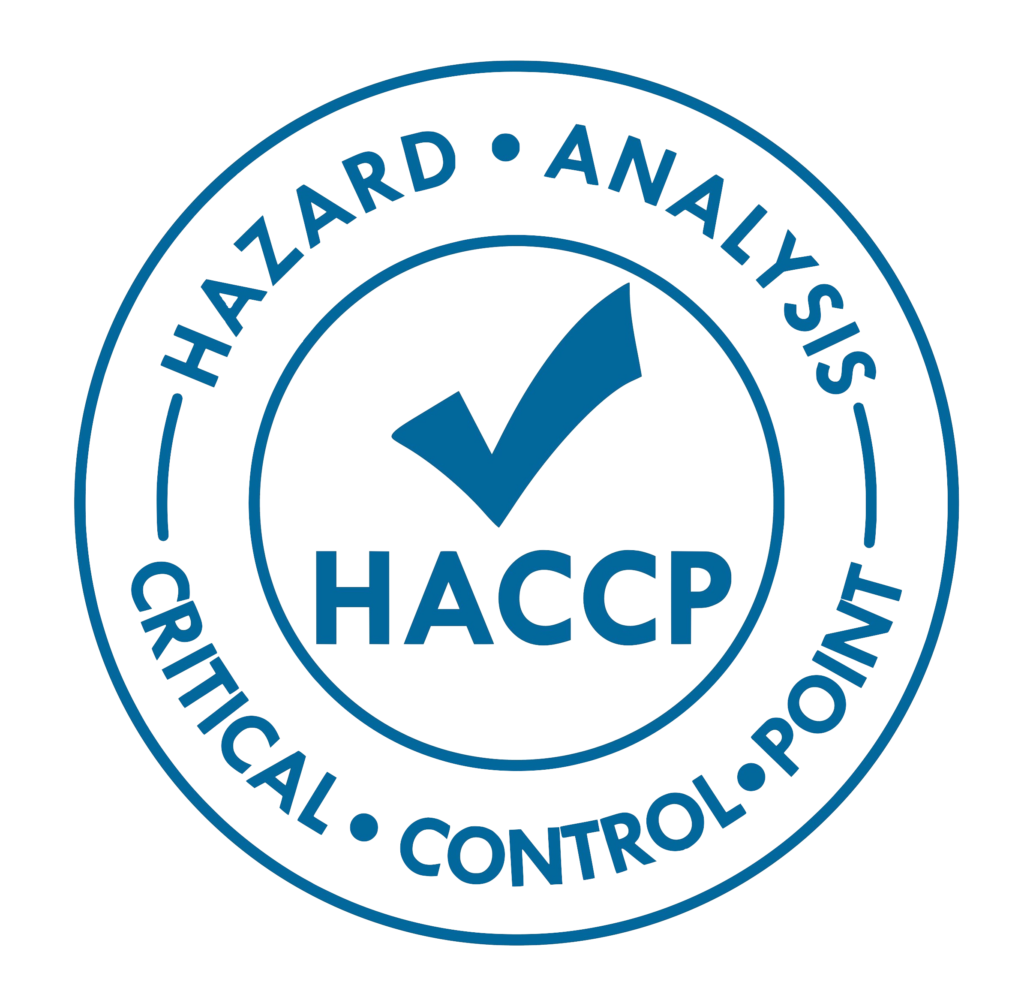How to Prepare for a Third-Party Food Safety Audit in Houston: A Step-by-Step Guide
In the Houston food industry, a third-party food safety audit isn’t just a formality—it’s a gateway to larger contracts, better brand reputation, and operational integrity. Whether you’re aiming for SQF, GFSI, or another benchmark, audits prove your commitment to safety and compliance. At JWagstaff & Associates, we help Houston-based manufacturers,




